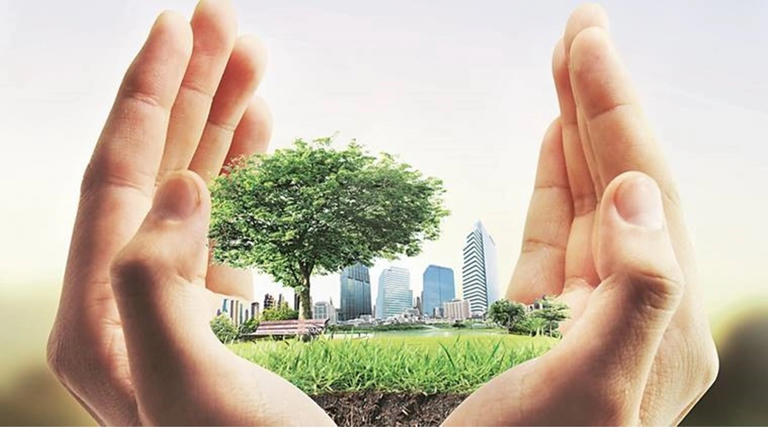The kids of today are the backbone of society and the hope for the future of our country. They have frequently assumed responsibility for leading ground-breaking movements and have emerged as change-harbingers. These young brains have inspired us with their unwavering will to overcome obstacles, break down barriers of class and religion, unite the world, and do the seemingly impossible.
Young people like Nobel laureate Malala Yousafzai and Swedish environmental activist Greta Thunberg have helped the world realise that the next generation is the most important and directly impacted stakeholder when discussing the future of the planet and climate change. However, the youth of today are leaving behind a globe that has been damaged by the deeds of earlier generations, particularly plastic pollution.
Due to its adaptability, plastic is a necessary component of our daily life. From healthcare and defence to aerospace and construction, it has revolutionised and reshaped these industries. But it has now become one of the biggest environmental problems. Rivers are clogged, landfills are overflowing, and marine environments are in risk as a result of excessive plastic consumption and insufficient waste management techniques.
The lack of understanding of the worth of used plastic has led to the extremely adaptable substance being a hazard for the environment. An terrible scenario has furthered as a result of inadequate segregation and incorrect disposal. People are unaware that recycled plastic can be utilised to create goods with better market values. For instance, recycled PET bottles, which cost Rs 15 per kilogramme, may be used to make clothing, which sells for more than Rs 1000.
According to research, over 80% of littering is done on purpose and by people. As a result, there needs to be a change in how spent plastic is used, handled, and recycled.
Making people, especially young people, aware of the advantages of recycling plastic is urgently needed. To contribute to the creation of a greener future, we must bring about a behavioural change toward proper plastic disposal and repurposing. Children need to learn these practises from their parents at a young age. Teaching kids how to separate and recycle plastic is just as vital as teaching them life skills at a young age. Children are now taught through a variety of specifically created recycling-related activities how to produce less waste and reuse it. These include recycling old materials to make toys, recycling-themed cartoons, video games, and novels.
Developing these habits early on can influence how people think and behave for the rest of their lives. The FIFA 2022 World Cup in Qatar was where this was most recently observed, with Japanese fans winning praise throughout the world for cleaning the stadium after their match against Germany. “We must tidy up the area before we go. In the many viral videos, Japanese fans could be heard saying, “It’s a part of our education, everyday learning.
Children who begin their education in sustainable practises at a young age can explore a vast array of practical skills that will aid in preserving the environment. Additionally, it is critical to inform the youth about recycling plastic, emphasise the advantages of existing recycling initiatives, and roll out new initiatives.
The Environmental Engineering and Polymer Science or Polymer Engineering courses that some universities offer at the undergraduate and graduate levels give students the opportunity to learn about environmental challenges, solve problems, and take action to protect the environment. This course material can be used by manufacturers and students to learn more about the procedures involved in plastic recycling and the most recent trends in the sector. This can also be used to gain insight into issues with plastic recycling.
To create a circular economy, young brains require societal and political changes. That entails educating them and helping them with original concepts and abilities to promote innovation. The younger generation will feel more responsible for creating a sustainable future if they are made aware of the value of treating wasted plastic as a resource. Therefore, organisations need to push past established barriers and involve youth in the transformation. It will encourage them to implement a successful, sustainable plan to build a greener planet for the future.
Jodhpur holds first G20 Employment Working Group Meeting
source from: msn.com

